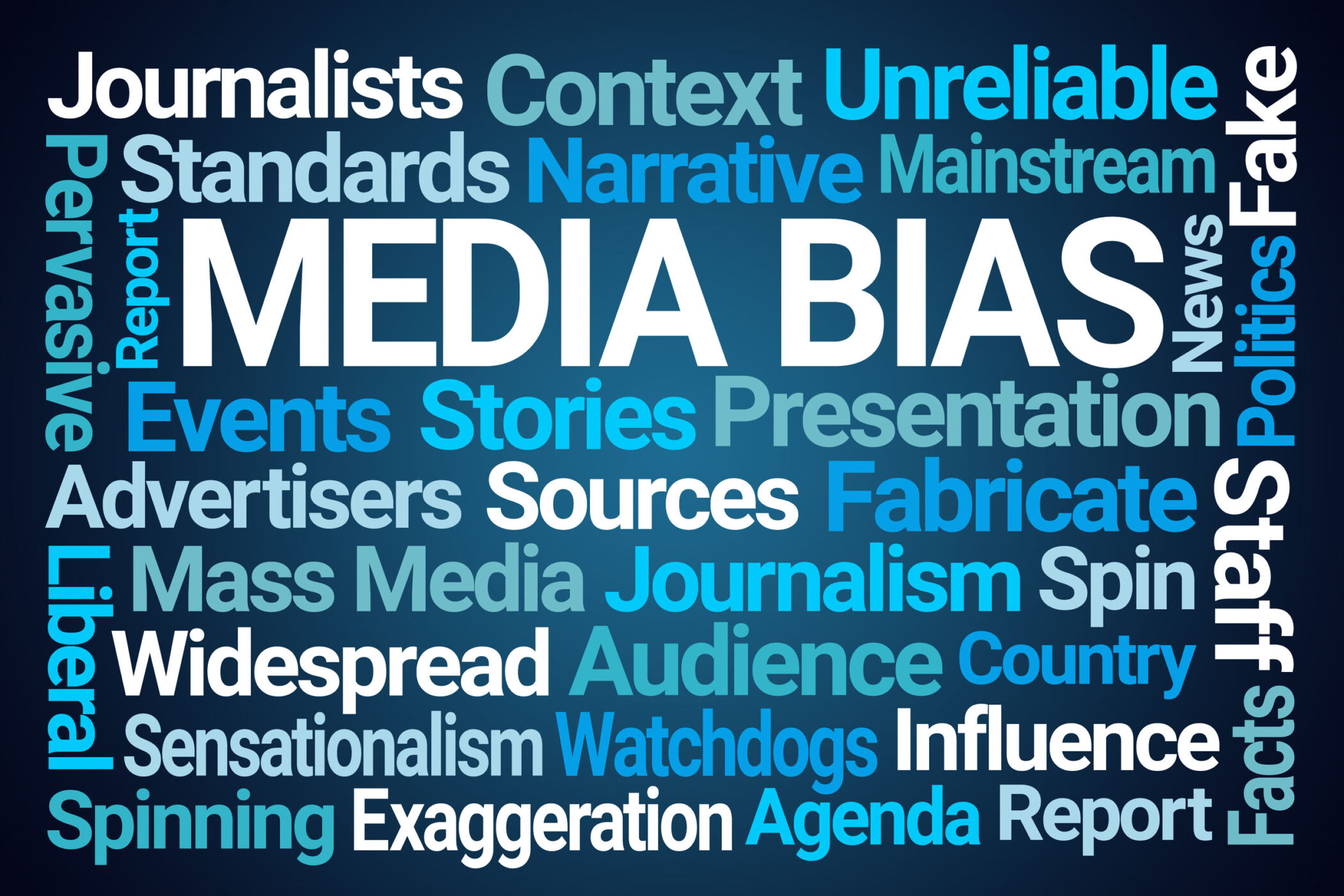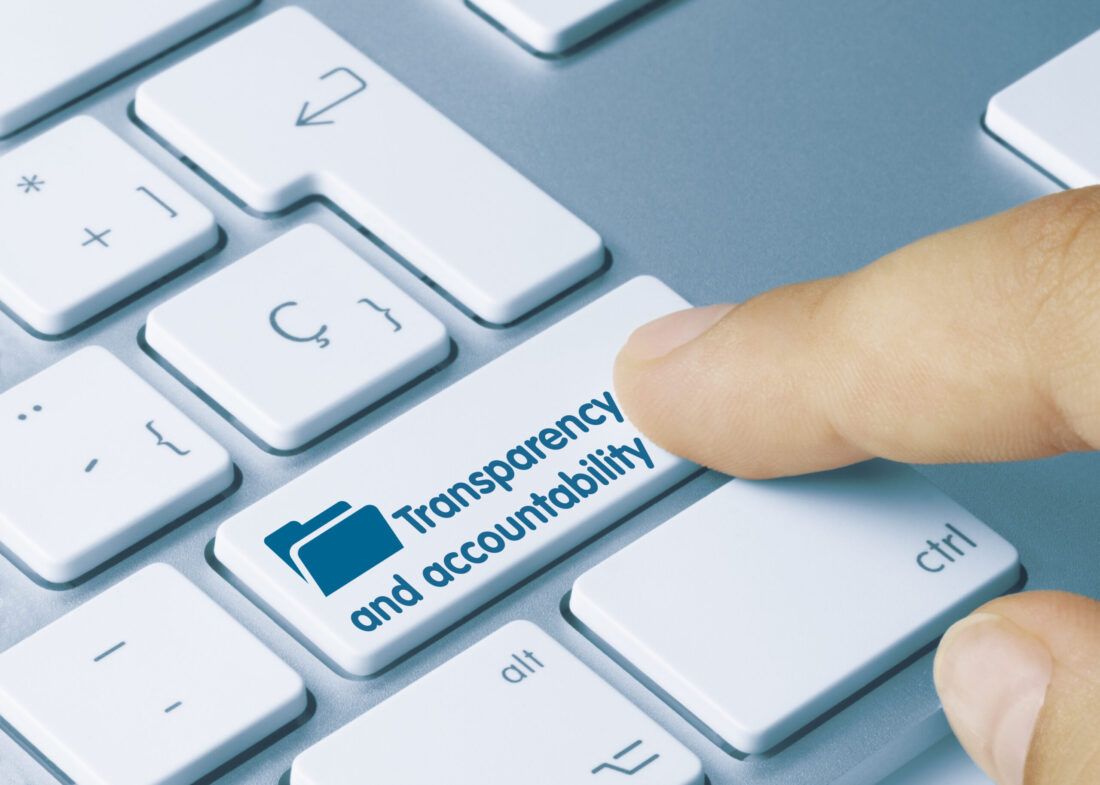Kansas Corporation Commission staff late last month made a rare rate decrease recommendation in an Evergy rate case before the commission.
Evergy had gone to the KCC, with a request for net revenue increase of 9.77% and more than $200 million. KCC staff, however, said in their opinion — which is still subject to approval by the commission itself — that a rate increase of just 1.66% for Evergy Central, or about $34.7 million was all that could be justified.
KCC Staff further recommended rates be cut for the Evergy Kansas Metro service area, which covers the Kansas City area.
“KCC Staff’s detailed financial audit of Evergy Kansas Metro’s income and expenses determined that a 7.32% rate decrease totaling $53,194,189 is appropriate,” a release read “This is in contrast to Evergy’s proposed rate increase of 1.95% or $14,152,521.”
Attorney Jim Zakoura, who represents both industrial and retail rate payer groups in front of the KCC, said he was impressed with the staff’s position.
“The staff position was a material difference from the filed position of Evergy,” he said. “In the case of KCC staff, they essentially do not take any position without extraordinary review of detail, and without a lot of support for their position. So I think in this case, the support for the position simply did not justify anywhere near the increase that was requested by Evergy.”
Moreover, Evergy had also asked for an “abbreviated rate case” to allow them to come back and ask for an additional increase in six months.
“The issue of an abbreviated rate case is always a difficult one for ratepayers,” Zakoura said. “And that is because you don’t have the opportunity to look at whatever changes in the units of sale or the costs are since the last rate case. I think in this case, as I read the staff’s position, they felt like there were too many moving parts to just say that everything’s the same in those areas. So I think it was certainly a supported view. It was simply recognition that there’s simply a lot of change going on in the system, both with resource adequacy, with infrastructure, and with new demand from customers.”
Evergy rate case related to Panasonic development
Evergy is seeking the increaseses largely as part of the Panasonic battery plant being built near DeSoto, which is going to require a new substation and substantial amounts of power.
At a public hearing about the rate case in late July, Charles Caisley, vice president for communications at Evergy, made the case that a rate hike was needed because there hadn’t been one in the five years since the merger between Weststar Energy and Kansas City Power and Light created Evergy.
However, a stipulation that the new company not seek a rate hike for five years was part of the merger requirements for approval; not raising rates for several years also is not a justification for doing so.
Moreover, while economies of scale achieved by the merger have put some downward pressure on electric rates in Kansas, they remain among some of the highest in the region, with a concomitant effect on economic development.
Caisley effectively admitted they were asking to recover five years worth of increases in one fell swoop.
“This rate increase request is approximately $204 million of incremental revenue, we would like on an annual basis, which equates to about a 9.77% increase,” he said. “Now, if that’s a lot, 9.77 is a lot. But remember, we haven’t increased rates, in fact, rates have gone down over the last five years. So if you take that increase, and you say, if it happened every year, over the last five years, you’d still be at a little less than 2% a year, which is well under inflation over that same time period.”
Caisley also said the additional demand from Panasonic would drive down rates, but a speaker at the meeting noted that if that were true, then Evergy would not be asking for a rate increase.
Caisley also justified charging retail rate payers for installing the new substation that will be required by Panasonic as well as the transmission infrastructure by comparing a massive, $4 billion industrial plant which will likely be running at full load 24 hours a day to a housing development.
“When we extend a transmission line out there, when we build a substation that will both serve them as well as other customers and the surrounding communities as it grows, that is a cost that is put into rates and that all customers pay for,” he said. “But it’s like any other customer if you build a home, the line that comes out to your subdivision is something that is a cost that everybody pays for.”
At peak production, the Panasonic plant is expected to require as much as 200 to 250 megawatt-hours of power — every hour, every day — the equivalent, as the Kansas City Star reported, of a small city.
The Sentinel reached out to Evergy to ask why Kansas ratepayers were being asked to foot the bill for Panasonic’s infrastructure as well as what sort of discount Panasonic was being given as part of the multi-billion dollar incentive package approved by the legislature.
Evergy directed the Sentinel to the footage of the July 27 public hearing and to KCC testimony.
However, the testimony which would have revealed those details was largely redacted.
The Sentinel then filed a Kansas Open Records Act request for the unredacted testimony with the KCC and was told testimony about — among other things — how much the infrastructure Kansas consumers are being asked to pay for would cost, and what sorts of discounts Panasonic was receiving were “trade secrets” not subject to KORA — despite some of the information being discussed openly in the meeting or other news stories.
The KCC is accepting public comments regarding the rate increase request through 5 p.m., September 29, 2023 on its website, by mail to the Commission’s Office at 1500 SW Arrowhead Rd, Topeka, KS 66604-4027, or by calling the KCC’s Office of Public Affairs and Consumer Protection at 785-271-3140 or 800-662-0027.




